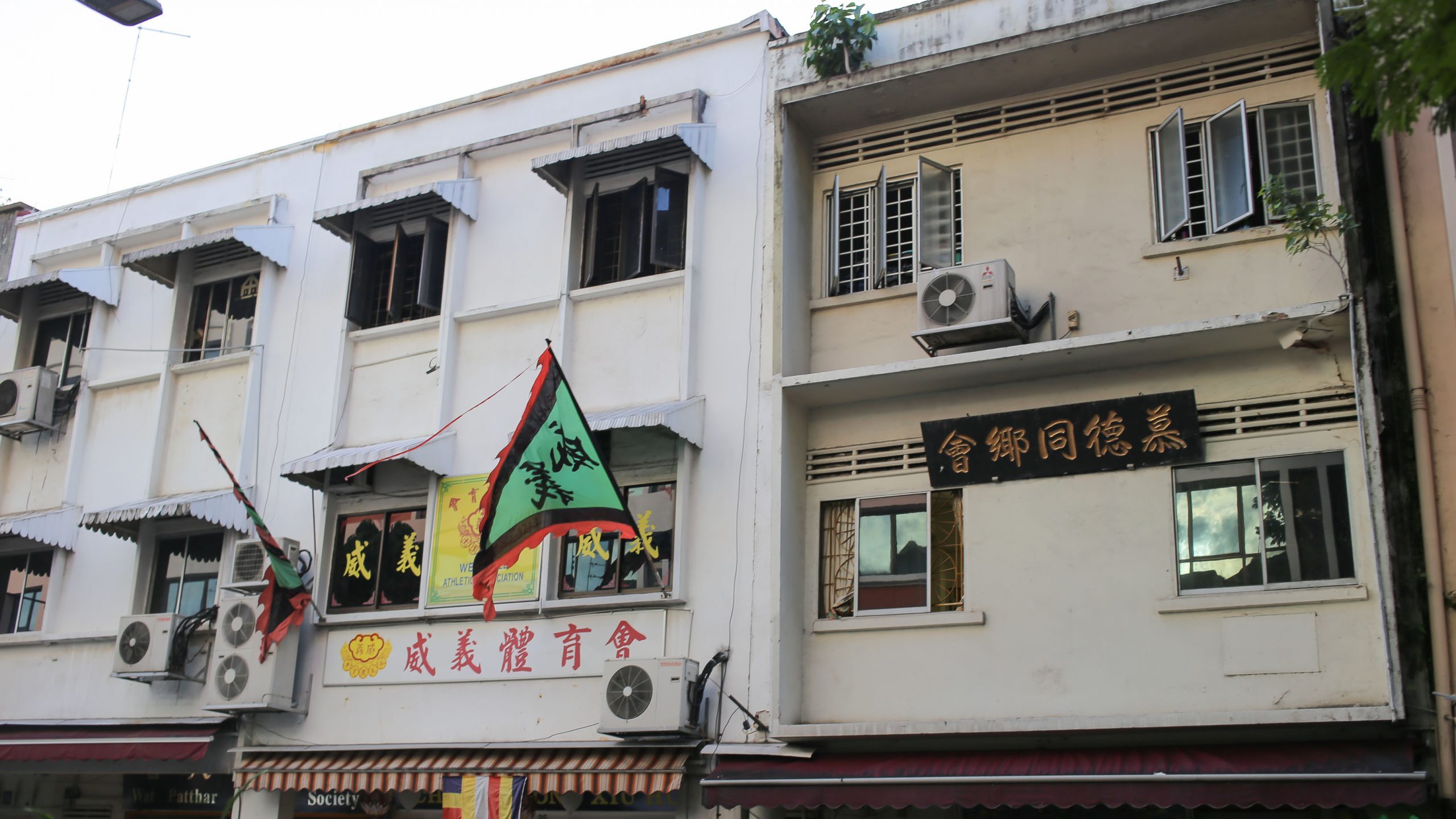Chinese Voluntary Associations in Transition: China’s Rise and the Remaking of Ancestral Communities in Southeast Asia
February 19, 2024
‘Chinese Voluntary Associations in Transition: China’s Rise and the Remaking of Ancestral Communities in Southeast Asia’, a Ministry of Education AcRF Tier 2 grant funded from 2023 to 2026, investigates the transformation of Chinese Voluntary Associations (CVAs), also known as Huaren Shetuan, in contemporary Southeast Asia. CVAs are non-official and non-governmental community groups that originate out of and are controlled by Chinese migrant communities. These groups were formed based on different factors, such as surname organizations, hometown affiliations, chambers of commerce, dialect groups, and religious associations. During the 19th and early 20th centuries, along with Chinese schools and Chinese media, CVAs were pegged as one of the pillars of Chinese societies. These pillars played pivotal roles in the everyday life of Chinese diasporic communities as these groups were growing, consolidating, and negotiating their position in the social fabric of colonial and post-colonial nation states in Southeast Asia.
Despite the growing perception that CVAs are shrinking and becoming a dated social institution, many CVAs in Southeast Asia are instead undergoing multi-dimensional changes driven by internal and external forces to weather these complexities. This project, hosted by the NUS Asia Research Institute and led by Professor Kenneth Dean (NUS Chinese Studies), examines how CVAs navigate and respond to shifting domestic and foreign dynamics including the changing China-Southeast Asia relationships and China’s emergence as a global superpower to develop new processes of transnationalisation and localisation. It offers fresh insights into the reconfiguration of ethnic Chinese communities in Southeast Asia, as well as their renewed transnational connections with China in the contemporary era.

